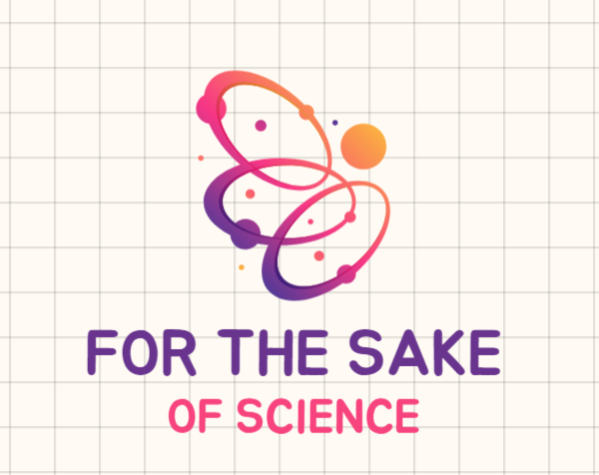
The Social Dilemma
Like many of you no doubt, I watched The Social Dilemma on Netflix recently – and it tied in well with many of our recent Wellbeing Hive articles that addressed issues around technology, including one on gaming and one on the constant distraction our phones provide.
But while both of these articles look at the addictive nature of technology based on research, The Social Dilemma takes it a step further, interviewing many “techsperts” who have become disillusioned, disenchanted and genuinely concerned about the lengths Silicon Valley is going to, to keep us scrolling on our phones.
It all centres around paid advertising, where we as consumers become the product that tech companies sell to make money. Our attention is the product – so the platforms are designed to hold our attention for as long as possible, and to regain it with clever, customized notifications whenever we put our phones down.
The interviews are fleshed out and portrayed in a way the audience can relate to via the inclusion of a fictional narrative about an American family trying to have a conversation about their devices and the impact of them.
It mainly centres around the teenage son, and the virtual programmers who work to keep him online with posts, notifications and advertisements. It is an eye-opening glimpse into just how much the programs coded into apps like Facebook surveil and manipulate us. When the son decides to take his mother’s challenge to drop his device for a week, this becomes particularly interesting.
It doesn’t stop here though. There was even a particularly disturbing scene where a young teenage girl smashed a lock box rather than be without her phone for an hour.
She takes that phone to the bathroom to painfully try to acquire the perfect selfie, which she eventually feels that she does after many tries and much editing. After posting, she smiles and is relieved by the many positive addictive comments, and is visibly thrown and depressed by one suggesting her ears are too big.
There are clearly a number of issues connected to the world of social media, portable devices and the need to be constantly connected and constantly posting. Many are handled well in this film.
So what is the answer?
Perhaps for some of us it is to sign off social media entirely, and if you can, more power to you. But many of us have social media deeply entrenched in our lives now which makes a total break a painful and isolating option, and perhaps even one that might disadvantage us in some areas of our lives. I certainly know that LinkedIn is a very important part of my professional life… but I also know that this isn’t the site that I mindlessly scroll when I’m looking for an easy brain break. That would be Instagram.
Perhaps the best answer is to make sure we watch programs like this to ensure we are always conscious of the need to CONSUME CAREFULLY. We need to be very aware that the information presented to us is carefully curated not for our benefit – but for the benefit of someone else. Often someone trying to sell us something – either a product or a concept.
Some good habits to get into might include:
- Selectively deleting apps which don’t make our worlds more positive
- Turn off unnecessary notifications, which keep bringing your attention back to your phone
- As parents, setting clear rules and guidelines about devices as early as possible. Actively model these. Remember that EVERY Silicon Valley interviewee mentioned not wanting their child to use social media.
- Limiting our scrolling time (perhaps by actively trying “beat” the usage meter each week) and incorporating screen free times each day.
- Questioning news articles which we are presented with – and only sharing those that we have researched properly and match our values.
- Unfollowing “influencers” in favour of real people who present themselves in real ways – and actively discussing filters, curation and the pressure to appear perfect online.
- Carefully monitoring social media accounts populated by our children – and standing ready to discuss what concerns us
Haven’t seen the documentary? Check it out on Netflix and/or read more below.
https://www.insights.uca.org.au/why-the-social-dilemma-is-a-horror-story-for-our-times/
https://www.starternoise.com/6-insights-from-the-social-dilemmas-tristan-harris/






